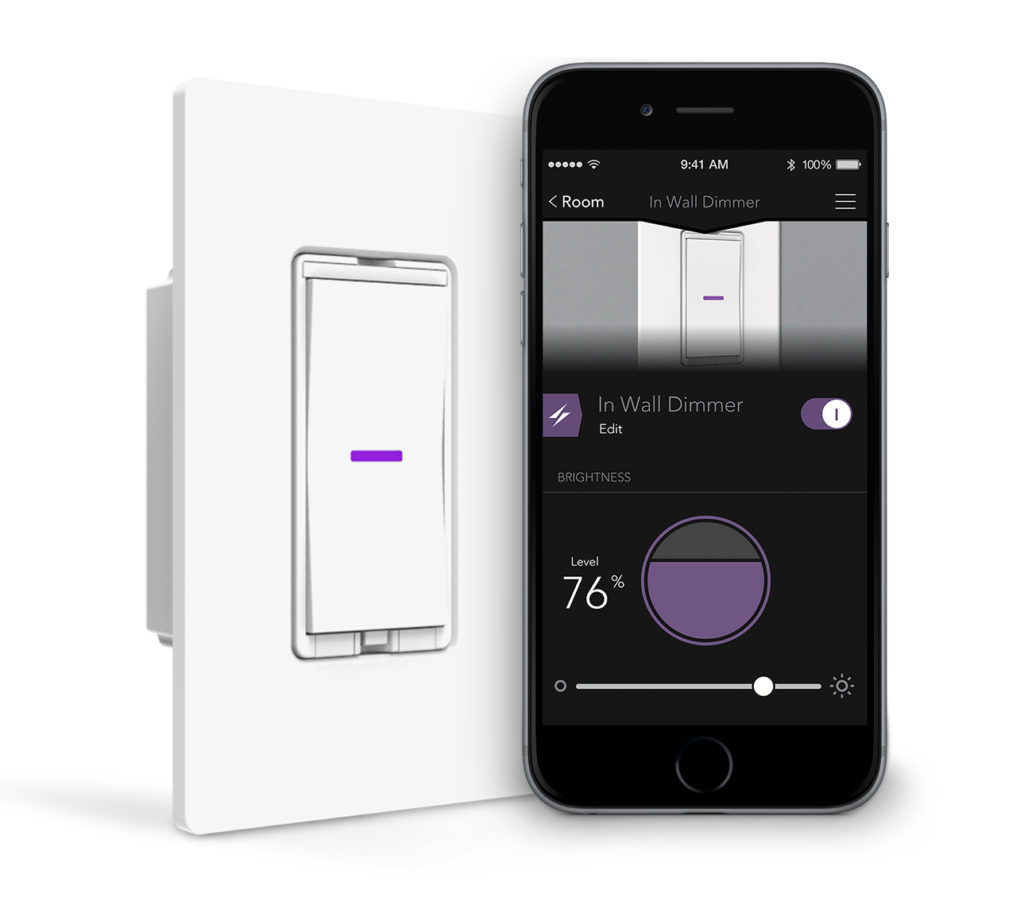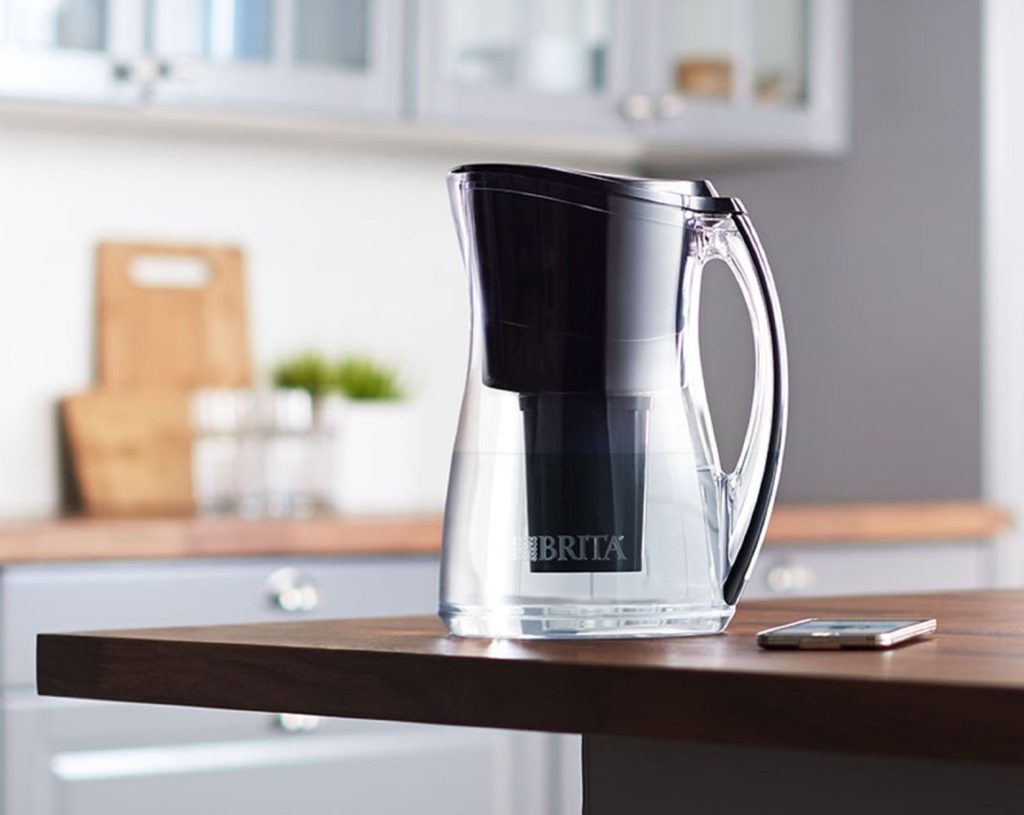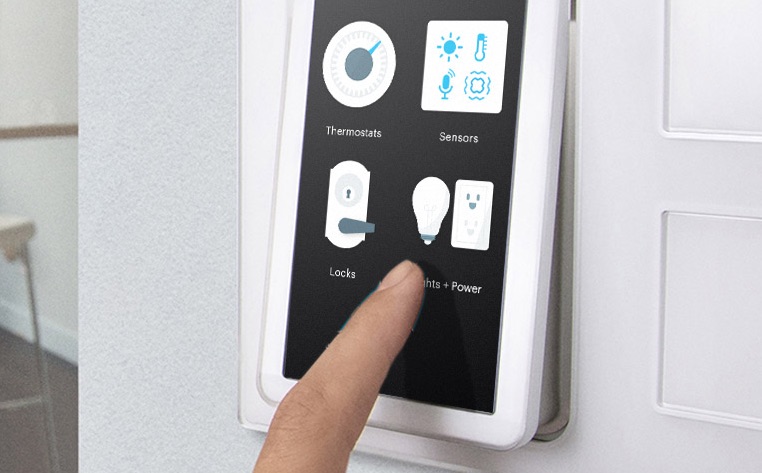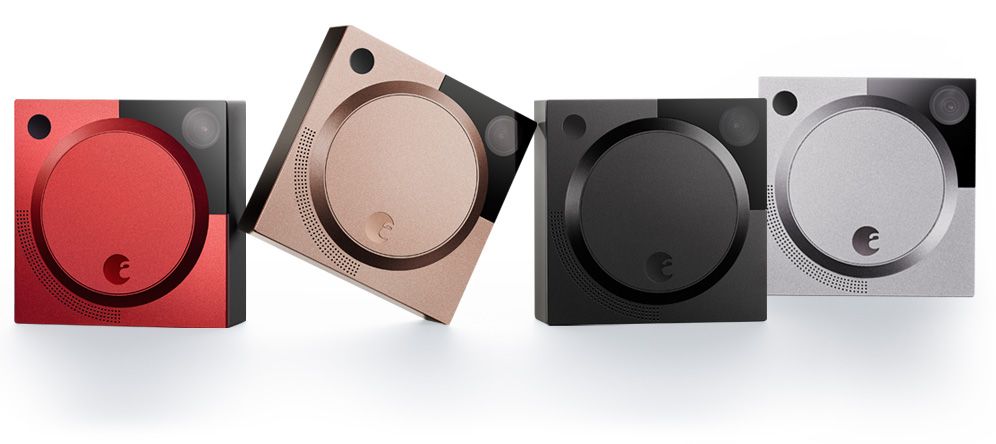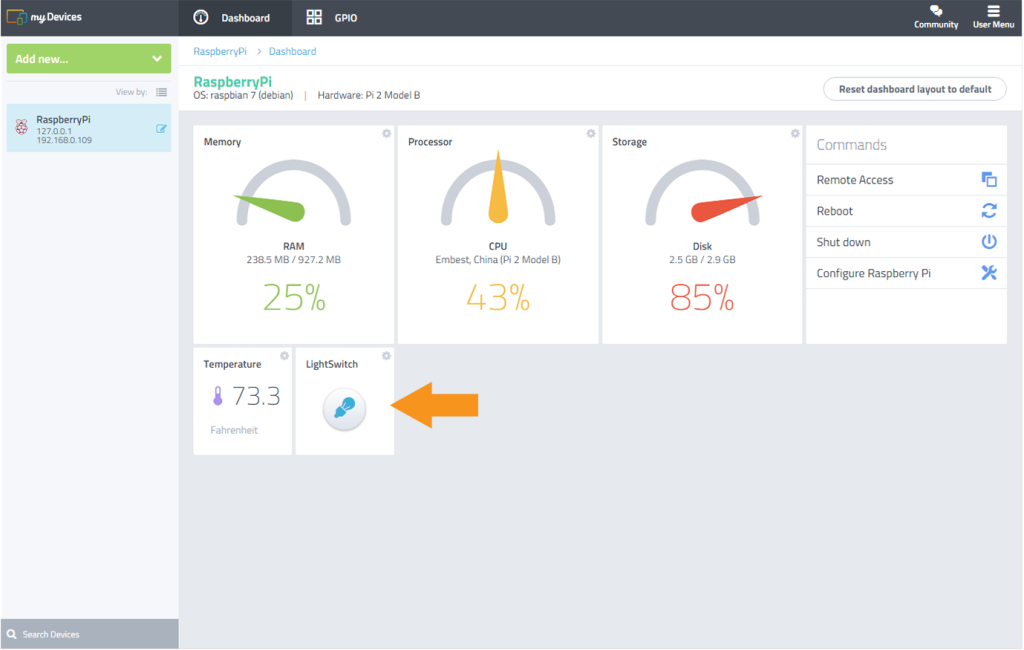The breaking story as we recorded this show was Sonos updating its Terms of Service to prepare for the Amazon Echo integration. As part of this update, the connected speaker maker confirmed that customers who did not accede to the new terms of service would see their devices stop working in the future. This didn’t go over well, but this is a complicated issue. Kevin and I break many of these issues down. We also talk about Google’s Assistant plans, hacked robots, what has happened to the Nvidia Spot, the potential sale of AT&T’s Digital Life service, and answer a reader question.
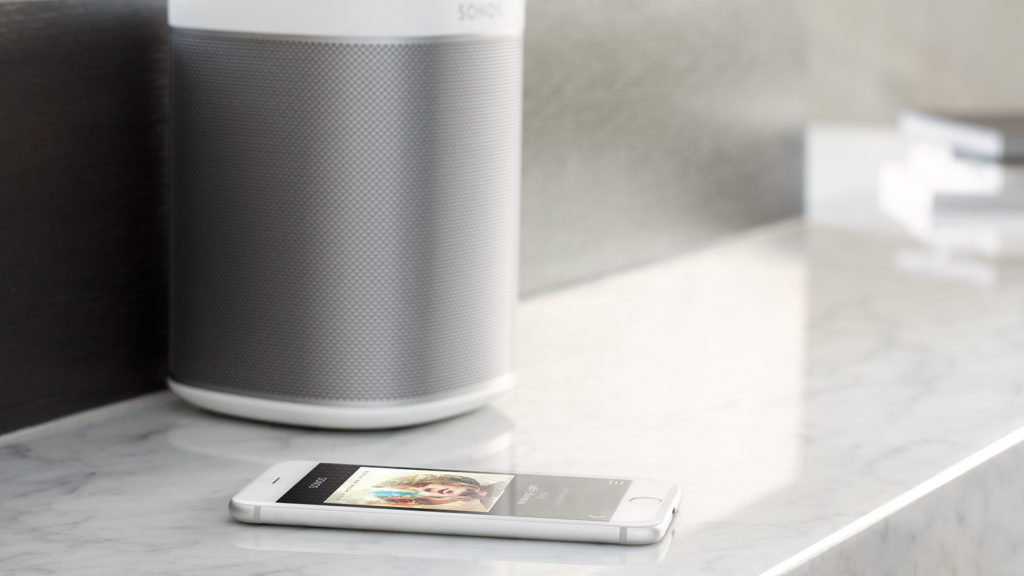
Our guest this week is Nick Dawson, executive director of the Johns Hopkins Sibley innovation hub. If you want to hear about applying some DIY tech to healthcare, Dawson has stories for you. He describes how his team built a separate network to experiment with Amazon Dash buttons, Amazon Echoes, Sonoses, Philips Hue lights and even using Slack as a way to track patient calls. He’s looking for feedback, so if you have ideas, want to talk security or even hospital IT, you can find him at www.debughealthcare.com or @nickdawson on Twitter.
Hosts: Stacey Higginbotham and Kevin Tofel
Guest: Nick Dawson, executive director, Johns Hopkins Sibley Innovation Hub
Sponsors: HiQo Solutions and Eero
- Are companies selling services or devices?
- What ever happened to the Nvidia Spot?
- We advise a reader to check out Blue Iris camera software for Alexa and SmartThings integrations
- This hospital built a rogue network for IoT experimentation
- How to use Slack and Amazon Dash Buttons to get quick data
Podcast: Play in new window | Download | Embed
Subscribe: RSS

